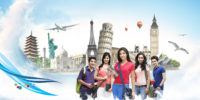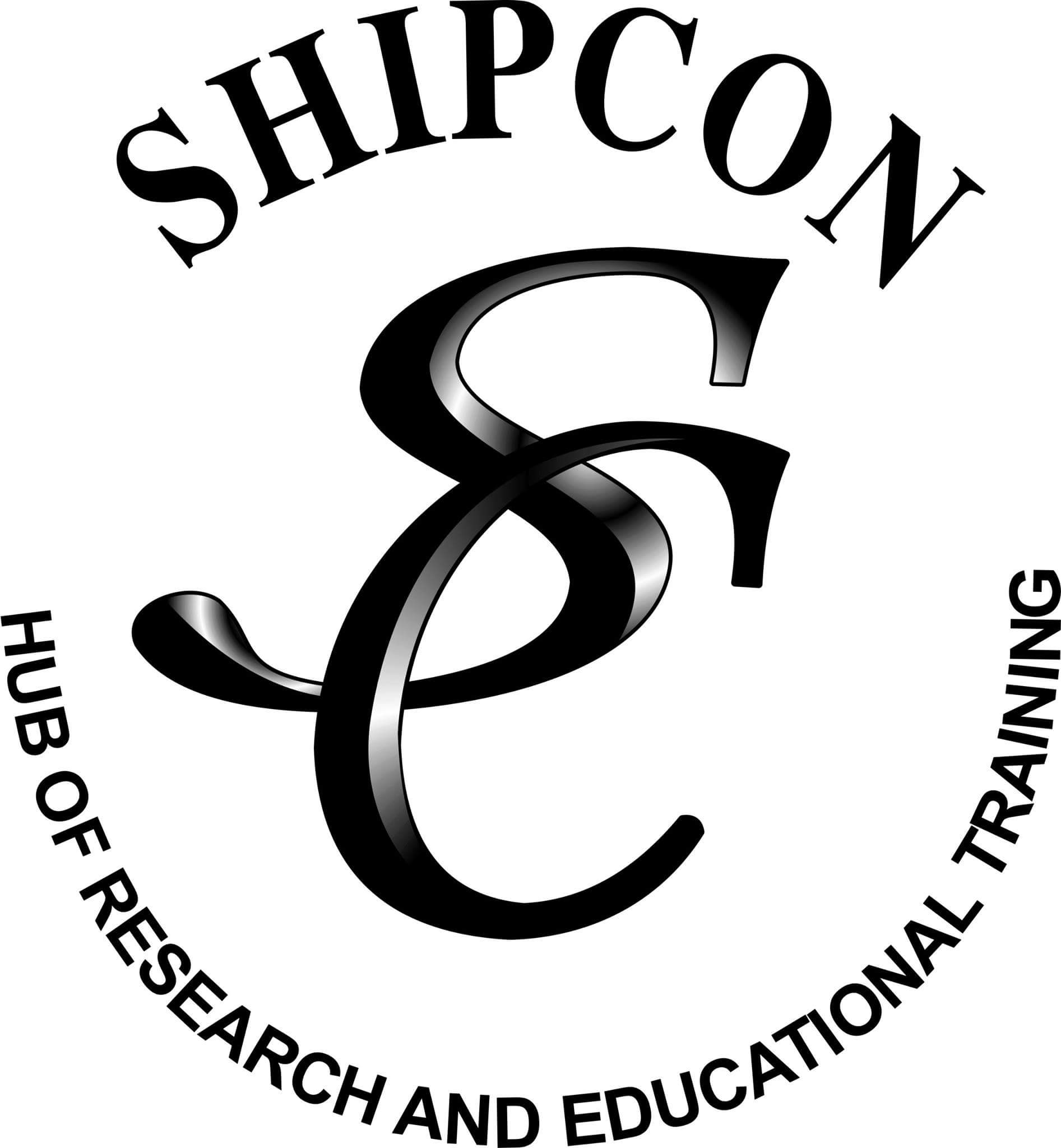 This course is carefully tailored for vocational students and individuals who are preparing to work in the hotel and tourism industries (tour guides,travel agents, receptionists, hotel managers, etc.) to provide them with powerful language tools for their future professions. The course will be dealing with all relevant topics related to industry-specific terminology, communication and common workplace situations, with practical grammar and vocabulary exercises including quizzes and role-plays.
This course is carefully tailored for vocational students and individuals who are preparing to work in the hotel and tourism industries (tour guides,travel agents, receptionists, hotel managers, etc.) to provide them with powerful language tools for their future professions. The course will be dealing with all relevant topics related to industry-specific terminology, communication and common workplace situations, with practical grammar and vocabulary exercises including quizzes and role-plays.
It will focus on how to incorporate terms from their fields of expertise into language skills and functions and help them to communicate more effectively and develop the essential skills to work in tourism. Course participants will be provided with the combination of online resources, a variety of media and authentic and interesting texts. Emphasis is placed on developing the strategies for effective listening, reading, speaking and writing in both informal and formal settings.
After the completion of the course, the participants will gain confidence in order to communicate fluently and accurately and use appropriate terminology from their related fields. They will also upgrade their current knowledge of grammar and learn many new practical expressions and phrases – both from general and specialized vocabulary.
PROGRAMME OF THE TRAINING ACTIVITIES:
– Introduction and course overview
– Individual expectations – setting up the course goals
– Learning techniques and methods; developing language skills
– Identifying grammar forms and using grammar to make speaking and writing more appropriate
– Expanding vocabulary:
1. Hotels; checking in, checking out, facilities
2. Inquiries, requests and offers
3. Car hire, transfers and bookings
4. Geographical features, excursions
5. Hotel restaurants; describing food
6. Cruises
7. Ski resorts
8. History and folklore
9. Dealing with complaints
10. Health and safety
11. The future of tourism
– Setting up the task for individual or group presentations for the final day; developing one’s learning plan including methodology and materials;
TOPICS:
– Creative tourism
– Ethical tourism
– Challenges and prospects of small/family hotels
– The effects of tourism on local development
– Other
– Building self-confidence for public performance
– Body language (exercise)
– Delivery and Feedback
– Summary – goals review
– Reflections – Evaluation
